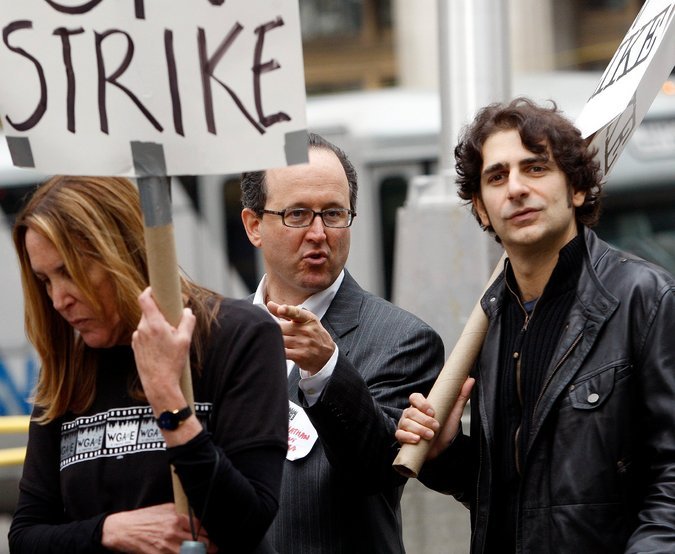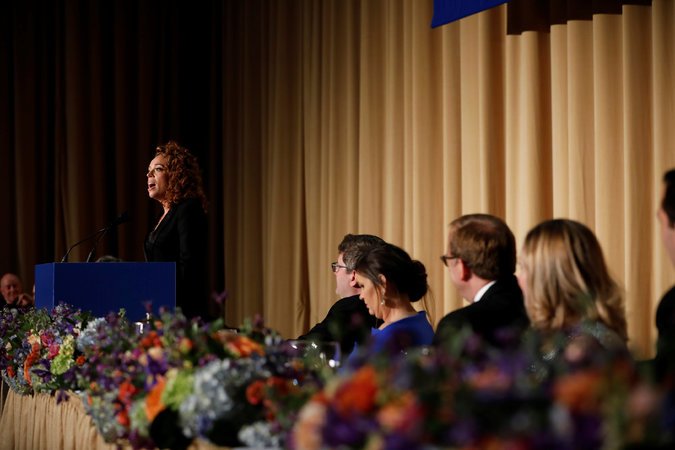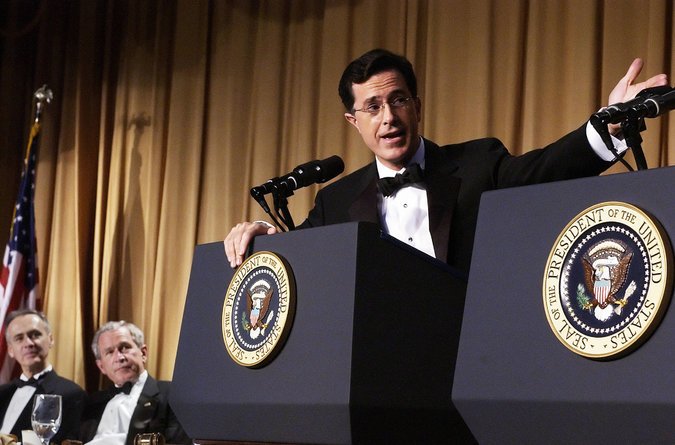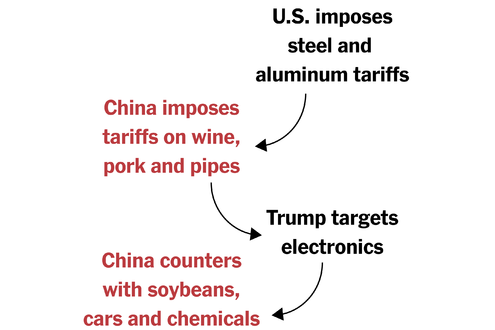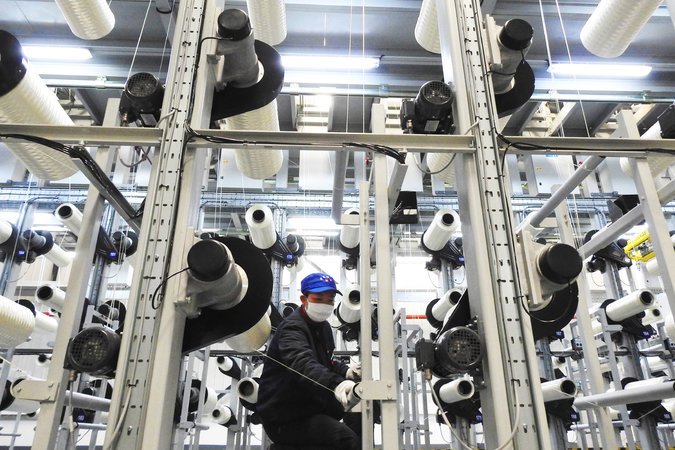Ms. Judd is suing Mr. Weinstein for defamation and sexual harassment and for violating California’s broadly written Unfair Competition law, which prohibits “unlawful, unfair and fraudulent business acts and practices.” Unfair competition has not historically been applied to the area of sexual harassment and retaliation.
“Ashley is fighting back, but she also wants to point the way for others,” Theodore J. Boutrous Jr., the lead lawyer representing Ms. Judd in the suit, said in an interview. Mr. Boutrous, who is known for his high-profile work for companies like Walmart and Apple and for pushing the courts on issues like gay marriage, added that “if this isn’t an example of unfair business practice then I don’t know what is.”
Jeannie Suk Gersen, a professor at Harvard Law School who specializes in gender and sexual harassment issues, said Ms. Judd’s complaint is notable because it “speaks to the fact that this is not just a sexual issue — that, beyond physical and emotional harm, it also involves economic harm.”
She added, “If successful, the legal arguments that are being marshaled here are a big deal for lots of people, not just in show business but in all sorts of hiring contexts.”
Ms. Judd said in a statement that “financial recuperation will be donated to the Time’s Up Legal Defense Fund, so that women and men in all professions may have legal redress for sexual harassment, economic retaliation and damage to their careers.”
The lawsuit maintains that Mr. Weinstein was retaliating against Ms. Judd for refusing to engage in sexual activity with him. About a year before Ms. Judd was in contention for the “Lord of the Rings” role, Mr. Weinstein had her meet him in a hotel room in Beverly Hills — under the guise of discussing business — where he appeared in a bathrobe and, among other things, asked her to submit to a massage and watch him shower, the complaint said. Ms. Judd had previously recounted the episode in an interview with The New York Times published last October.
“Weinstein’s wrongful and outrageous conduct has not just deprived Ms. Judd of the specific opportunity to play a prominent role in a blockbuster film trilogy; it has had a long-lasting ripple effect on her whole career,” the complaint said. “No person — in whatever job, in whatever industry — should have to forfeit professional aspirations and the right to earn a living to the abusive whims of the powerful.”
Newsletter Sign Up
Continue reading the main story
Thank you for subscribing.
An error has occurred. Please try again later.
You are already subscribed to this email.
A spokesman for Mr. Weinstein released a statement late Monday that said in part, “The most basic investigation of the facts will reveal that Mr. Weinstein neither defamed Ms. Judd nor ever interfered with Ms. Judd’s career, and instead not only championed her work but also repeatedly approved her casting for two of his movies over the next decade.”
Advertisement
Continue reading the main story
Mr. Weinstein has previously denied trying to derail Ms. Judd’s career. In December, when Mr. Jackson told a publication in New Zealand that Mr. Weinstein had told him not to cast Ms. Judd or Mira Sorvino, Mr. Weinstein said in a statement that he had “no input into the casting whatsoever.” (Ms. Sorvino has also accused Mr. Weinstein of harassment.) Although the “Lord of the Rings” movies were started at Miramax, a boutique studio run by Mr. Weinstein and then owned by Disney, the project moved to New Line Cinema before filming began.
Mr. Jackson rejected Mr. Weinstein’s denial in subsequent public comments in December, saying that his creative partner on the films, Fran Walsh, “remembers these negative comments about Ashley and Mira as clearly as I do.”
The lawsuit filed by Ms. Judd on Monday laid out a pattern of retaliatory behavior by Mr. Weinstein against actresses who rebuffed his sexual advances — what California courts have described as “me too” evidence in employment cases. Ms. Sorvino is cited as one example.
“Weinstein made false statements of fact about Ms. Sorvino to others in the film industry to punish her and damage her career,” the suit said. “These comments included, but were not limited to, statements made to Mr. Jackson and Ms. Walsh in a private business meeting that Ms. Sorvino was ‘a nightmare to work with.’” Ms. Sorvino told The New Yorker in October that Mr. Weinstein tried to massage her and “chased her around” a hotel room at a film festival in 1995.
Another example cited by Ms. Judd involved Annabella Sciorra, who has said that Mr. Weinstein raped her in the 1990s. “She believes she did not work from 1992 to 1995 because the ‘Harvey machine’ spread a baseless rumor that she was ‘difficult,’” the complaint said of Ms. Sciorra. Mr. Weinstein has repeatedly denied ever engaging in “nonconsensual sex.”
The case adds to already formidable legal entanglements for Mr. Weinstein, who was one of Hollywood’s most powerful producers before dozens of women — led by Ms. Judd, Rose McGowan, Rosanna Arquette and others — came forward last fall with allegations of sexual misconduct against him.
Prosecutors in New York, Los Angeles and London are now pursuing possible criminal cases against him. Eric T. Schneiderman, New York’s attorney general, is suing Mr. Weinstein and his brother and business partner, Bob Weinstein, for repeatedly violating state and city laws barring gender discrimination, sexual harassment, sexual abuse and coercion. Mr. Weinstein also faces additional civil suits, including one filed by Kadian Noble, a British actress who is suing him for sex trafficking.
Amid these investigations, the Weinstein Company has toppled into bankruptcy. Bids for the movie and television studio’s assets were due on Monday, with an auction scheduled for later in the week should competing offers emerge.
In a statement on Monday afternoon, Mr. Schneiderman pressed bidders to propose “enhancements that set aside financial resources to compensate and provide support services for injured employees and industry talent.”
Advertisement
Continue reading the main story
He added, “Bid enhancements also should include nonmonetary terms that protect future employees and contractors and avoid rewarding wrongdoers.”
Continue reading the main story
Article source: https://www.nytimes.com/2018/04/30/business/media/ashley-judd-harvey-weinstein-lawsuit.html?partner=rss&emc=rss
